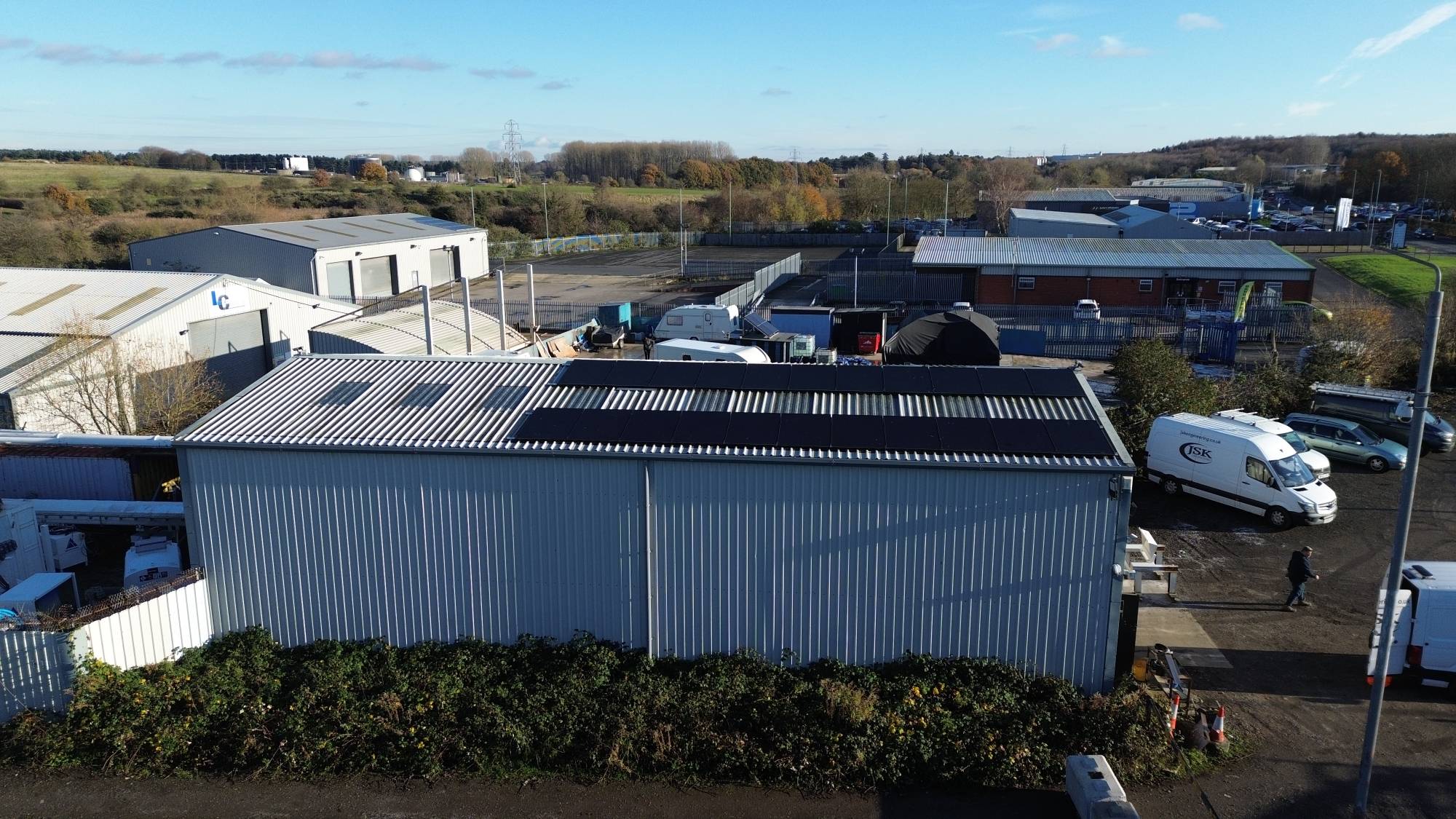
JSK Engineering
Introduction:
In response to the growing need for sustainable energy solutions, JSK Engineering embarked on a pioneering initiative to integrate solar power into its operations. This case study focuses on the installation of 22 solar panels to power the company's machinery and support a cellular mast. The project aimed to reduce the company's carbon footprint, enhance energy resilience, and contribute to the broader sustainability goals of the organisation.
Project Overview:
JSK Engineering, a leader in industrial production, recognised the environmental and economic benefits of transitioning towards renewable energy. In collaboration with a reputable solar energy solutions provider, the company decided to install a 22-panel solar array to supplement its power needs. Additionally, the project included the integration of renewable energy to support a cellular mast, facilitating enhanced communication capabilities.
Technical Details:
- Solar Panel Installation:
A total of 22 high-efficiency solar panels were strategically installed on the company's rooftop, capturing solar energy throughout the day. The panels were selected based on their capacity to generate sufficient electricity to power the company's machinery, thus reducing dependence on traditional grid electricity.
- Machinery Power Integration:
The solar panels were connected to the company's power distribution system, seamlessly integrating renewable energy into the manufacturing processes. The solar-generated electricity contributed to powering machinery, leading to a reduction in electricity costs and mitigating the impact on the environment.
- Cellular Mast Powering:
The solar power system was extended to support a cellular mast, ensuring a reliable and sustainable power source for critical telecommunication infrastructure. This initiative aimed to enhance the resilience of the cellular network, especially during grid outages or emergencies, contributing to improved community connectivity.
Benefits and Results:
- Reduced Carbon Footprint:
The solar panel installation significantly decreased the company's reliance on non-renewable energy sources, resulting in a substantial reduction in carbon emissions.
- Cost Savings:
The integration of solar power led to reduced electricity bills, providing the company with long-term cost savings and increased financial sustainability.
- Community Impact:
The solar-powered cellular mast improved communication services in the surrounding community, contributing to increased connectivity and emergency preparedness.
Conclusion:
JSK Engineering's initiative to integrate solar power into its operations exemplifies a commitment to sustainability. The successful implementation of the solar panels not only reduced the company's environmental impact but also demonstrated the economic viability and resilience of renewable energy solutions in an industrial setting. The incorporation of solar power to support the cellular mast further showcased the potential for synergies between renewable energy and critical infrastructure, contributing to a more sustainable and connected future.